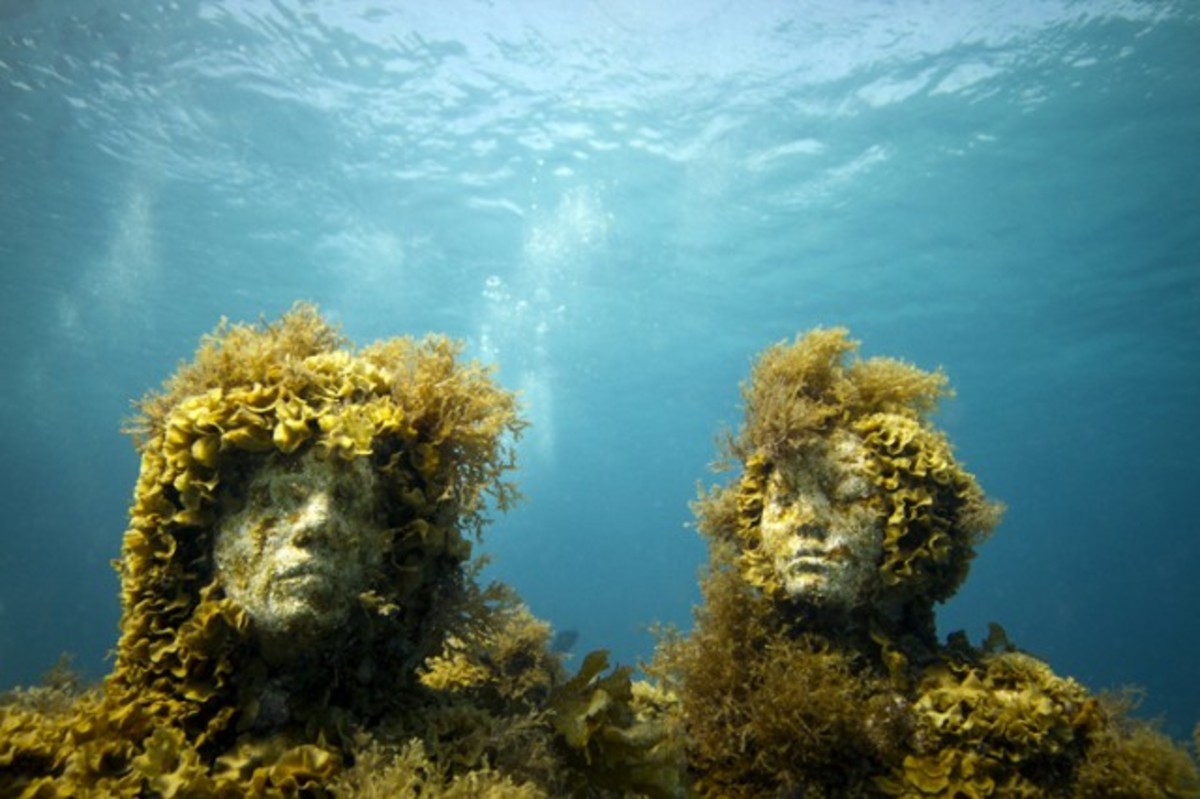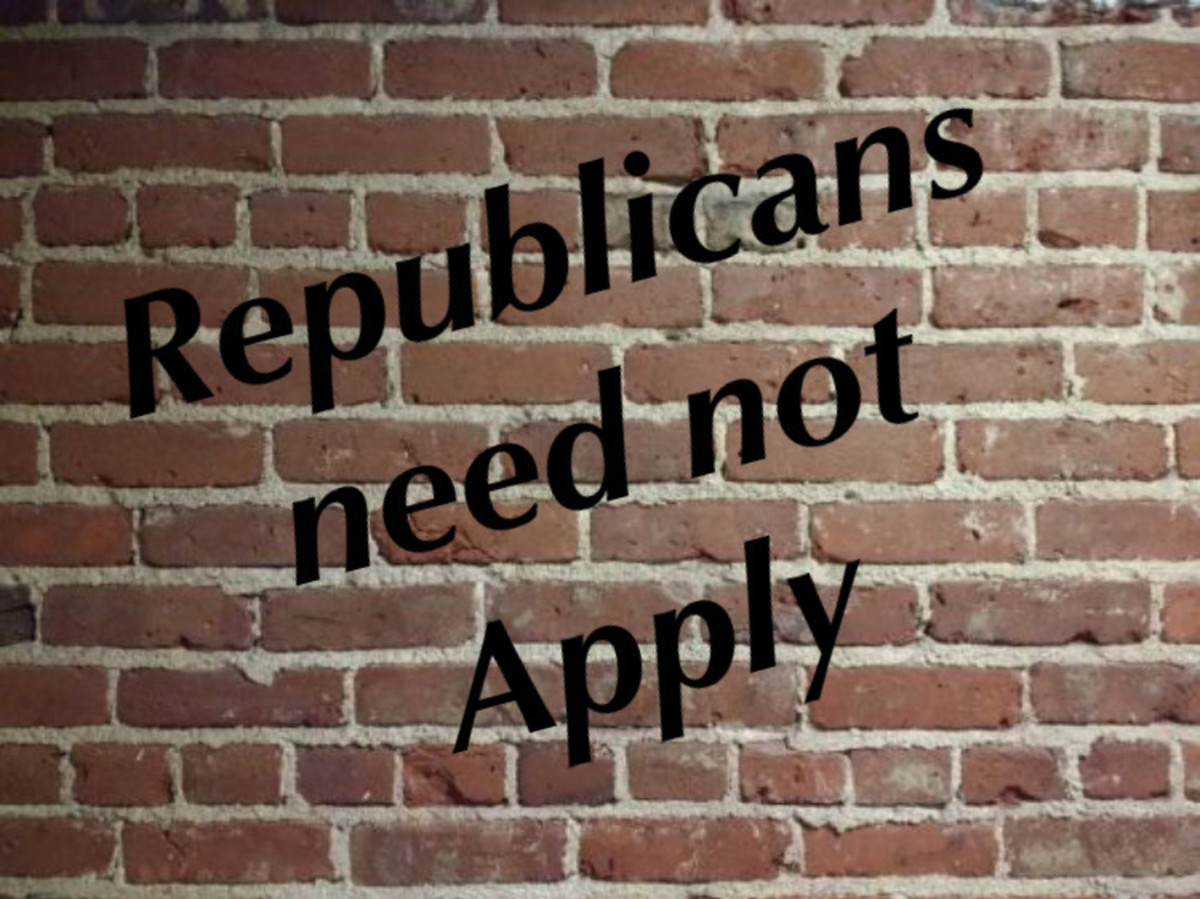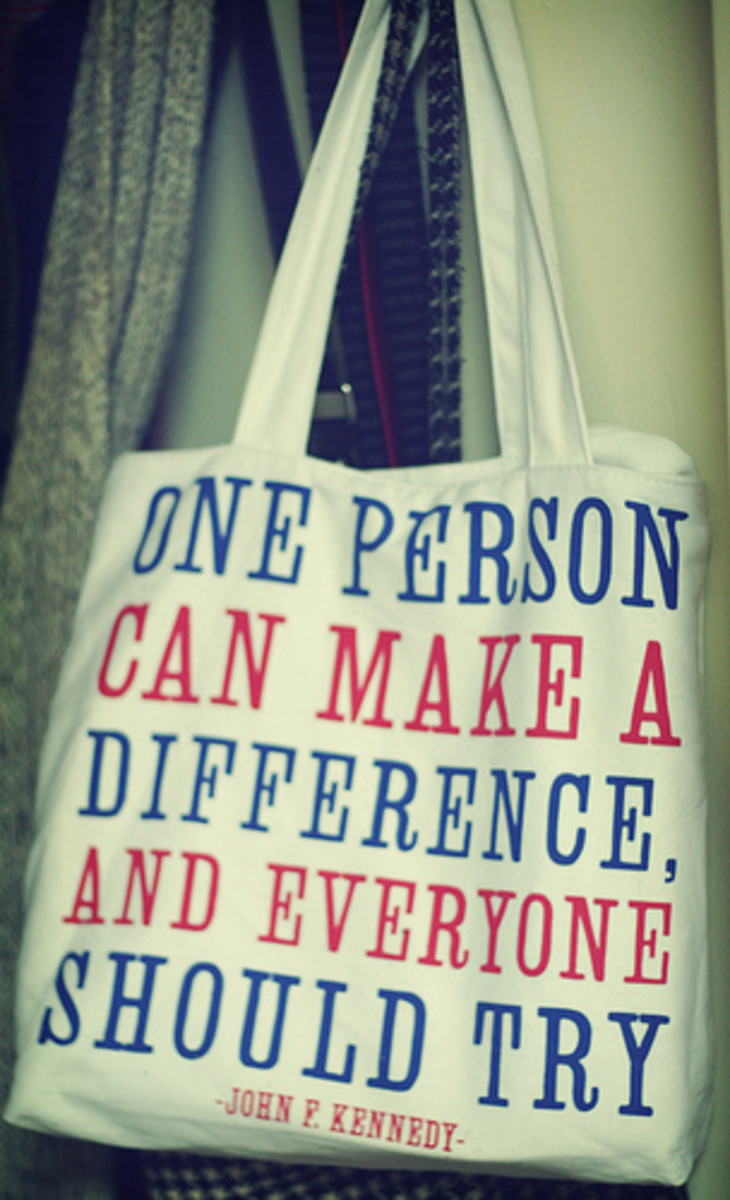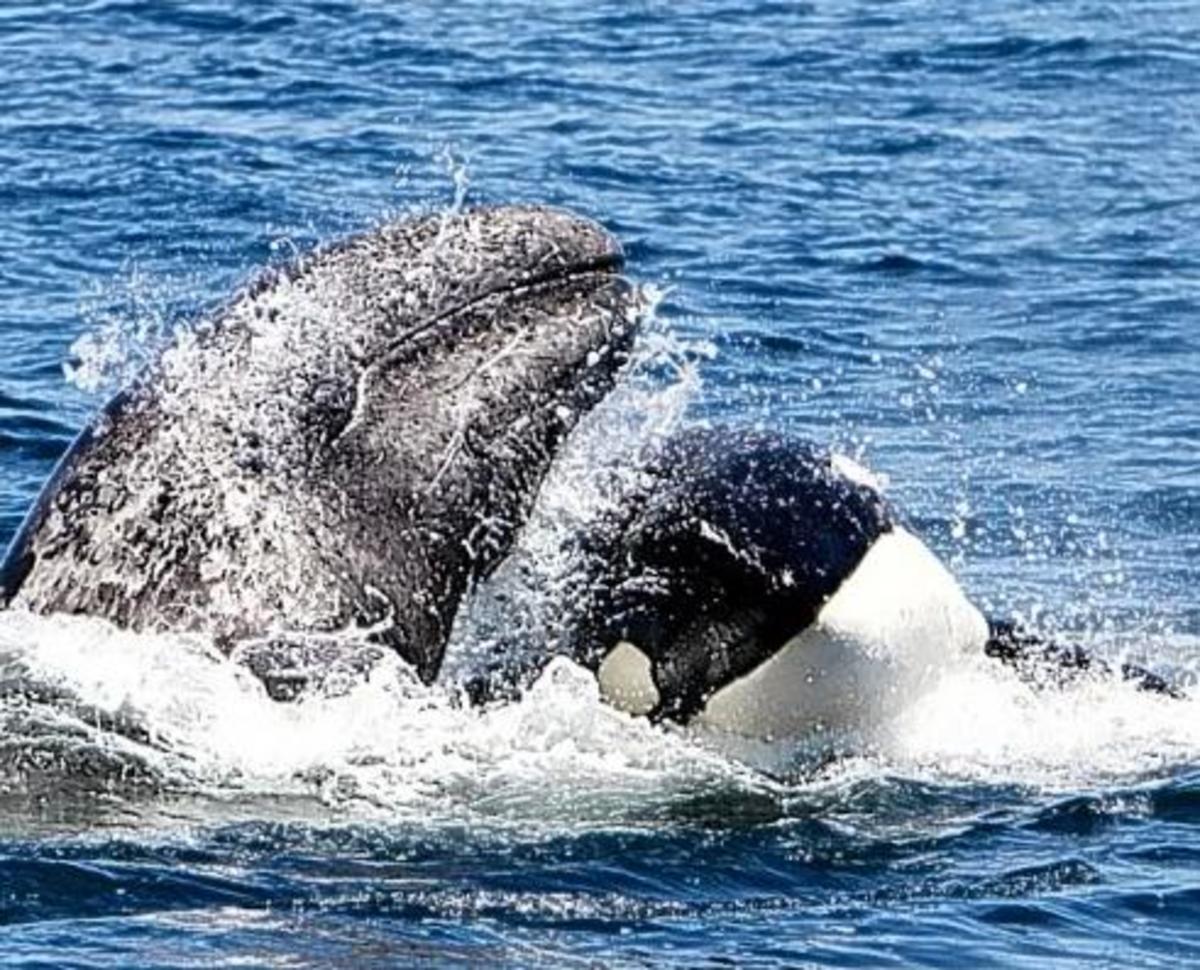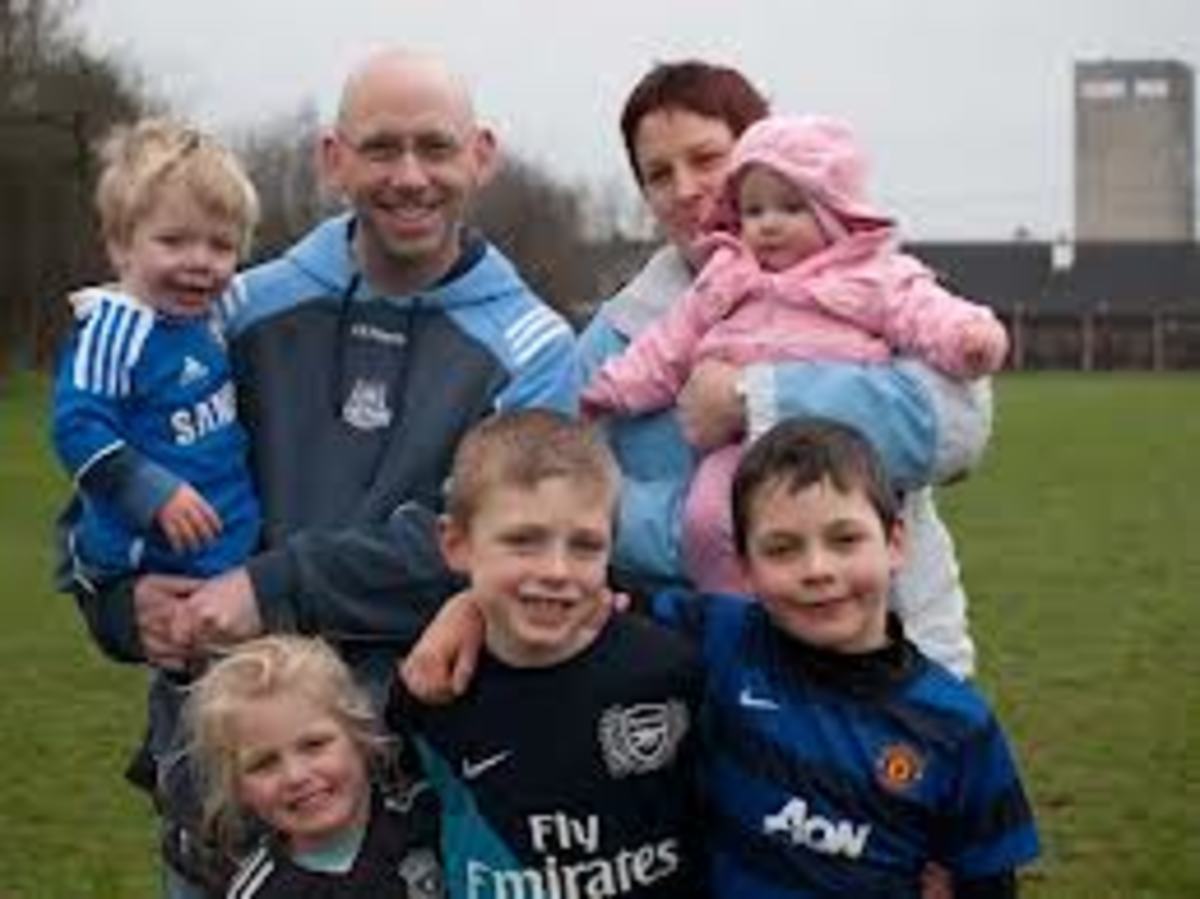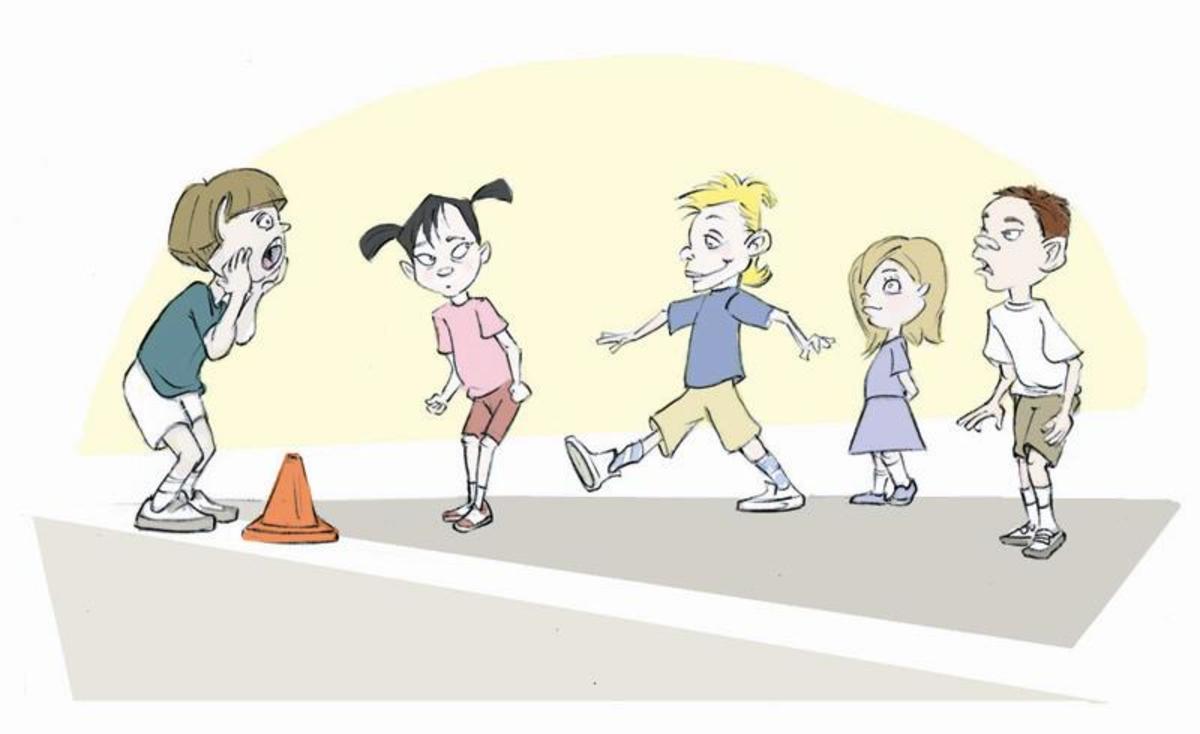Why Do We Live as a Society?

Did it Happen Naturally?
The very idea of a society should be against human nature. Each member of the human species is vastly different from every other member of his species, having distinct physical and mental makeup with ones own priorities and approach. What is good for one need not be acceptable to every other person. It is an important feature of our life, which we celebrate as uniqueness or individuality. Therefore, it stands to reason to conclude that the human race will be best served when each and every member of the species grows unhindered in one’s individual space or environment. How come things didn’t happen in the natural way?
What Price, Social Life?
But what is actually taking place is something else. Apart from groups based on age, language, nativity, profession and other naturally identifiable differences, abstract walls like religion, caste or social status and many other artificial differences are constantly rising in our midst, making it impossible to live without being part of a group. Unlike animals who took the natural path of cohabiting in groups as their survival is better ensured when they are organized thus, our species took the unnatural path of organizing themselves into groups. (In fact it is better to consider this as a good assumption, remember, no one has established the survival rate of animals as considerably low or different, when not in groups. We saw them moving in groups, we also saw them fighting against threat, and we put two and two together!) We also overlook the fact that humans can survive better when not in groups. For example, widely dispersing at the sign of danger is an important part of the survival strategy of well trained forces. How come we did not choose a path befitting our survival?
Dangers of Social Life
This can become much more clear, if we are to examine the ‘successes’ and ‘failures’ of human society since the beginning of history. Those that are most often quoted as ‘success stories’, are the tales of individual brilliance, like those extolling the capabilities of our effort in subjugating the planet and controlling its forces. In stark contrast, almost all the failure stories pertain to natural calamities or human intolerance. It should be clear as daylight, in any such disaster, the loss would have been much less and easily containable, had not the victims been living as a settlement, well connected to each other and with close interactions.

What Do We Gain?
If we are to scrutinize in earnest, the advances we made and the pitfalls encountered, it is possible to label almost all instances of success as attributable to individual excellence, be it associated with arts, crafts, science, philosophy, exploration, cure or anything else. Take the case of the age of exploration, one of the most successful periods in human history, where almost all the human talents that we are proud of, came to fore. The distinct mark left by some of our predecessors, whose spirit of adventure and the desire to face challenge being the singular reason behind such endeavors, is clearly noticeable in the way we identify many countries, places or other entities. In the modern era, there is no invention, discovery, physical things of existence or abstract ideas, which cannot be attributed to some fertile mind.
Disregarding all this, we chose to constrict ourselves into a society. Why?
A closer look at the life and living style of animals can show that the only activity in life, where animals take part as individuals is mating. All other ‘chores’, be it related to food gathering, or to rest and of recreation are always performed as a group. If so, why is mating restricted to the ‘individual sphere’ of animals? Why don’t they perform this in groups? What is there to prevent animals from partnering with the intention to mate, when they are in groups?
To find an answer to this, let us re-examine mating, closely, breaking down the process into stages, before, after and during the conduct of union. The period before, made noticeable by the plethora of natural enhancements to the females’ appearance and form, presumably is to attract the male. The union proper or the exchange of gametes also, is easily noticeable by the short time interval between the end and its beginning. But it is the post mating behavior that deserves further study, as, for animals belonging to whatever species, this phase is made striking by the total transformation, of the female into an epitome of distaste. A few examples shall be:
- The males of the honey bee are led to their death; their genitals drop off inside the queen.
- The male of the spider, black widow, usually dies days after mating, although occasionally he is so weak after mating that he is captured and eaten by the female.
- Among the insect, praying mantis, females devour their partners after mating.
- Female of the cat will scream and then move away immediately on completion of mating, fall down, lick herself furiously, roll around and if Tom doesn’t leave the scene promptly or tries to approach her right after mating she will strike out at him.
- The not so friendly demeanor among the female of our canine friends as soon as the male dog completes its mission.
- The female of the lion may mate approximately every 15 minutes when she is in heat, continuously for three days and nights without sleeping, and sometimes with five different males. The males are left physically exhausted as the act is often accompanied by snarling, biting, growling, threats and other forms of violence. Sometimes the female turns and swats the male during dismount.
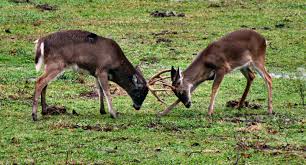
- Female of one of the most gentle and docile of all animals, deer, show tendencies of violence only on exceptional occasions, the post union unrest being one such occasion.
..and the Compulsion
This explains lot many things. Animals cannot afford to mate when they are in groups, as the resulting commotion, the post mating fury of large number of females, will not be suitable for happy existence. Also there are any other activities of mutual involvement which are far more acceptable, to males specially.
I think we happily followed animals. Having decided to perform the crucial activities of mating in private, we needed to find a reason for doing it so. As human nature posits, we would have found a reason for doing so, in a good abstraction, shyness. Living as a society offers us many opportunities of exercising such abstractions to delay or regulate occasions of mating, a clear advantage for the male.
In addition to this, covering ourselves with clothes, which gave rise to a plethora of pastimes like vanity or timidity, and many other signatures of the human race, could find its origin here. (I think, we can’t withstand the weather now, since our bodies have become used to clothes, is a better argument, than that we started to cover ourselves for escaping from the weather)
Society hence began as a social institution to limit or delay activities leading the man to ‘perform’.
This explains many things. For example it is generally seen, for a man, his society is far from home. Also, it is universally acknowledged, for a woman, interaction with one's neighborhood is a norm.
If we are to examine this further, interesting results emerge. The more dislike a woman shows for an activity, the greater, the attraction shown by the man, in engaging with that very same activity. Why men generally indulge in activities that are not liked by women, like drinking alcohol, should be clear now. May be when human ancestors returned from such forms of entertainment, they would have found the women to be discouraged enough, not to be leading him to ‘performance’. Men are in fact torturing themselves with this depressant, just to escape from a greater danger!
In reality, for ensuring that that we continue our life as a society, we attribute whatever good that happens with us, to our social life. Also, whatever untoward happens with us, to someone else from our race, or something that is not part of ‘our society’. Whereas facts are exactly the opposite! All that is good with us is resulted, always and every-time from individual excellence and, all the suffering of our race, an offshoot of social living.

